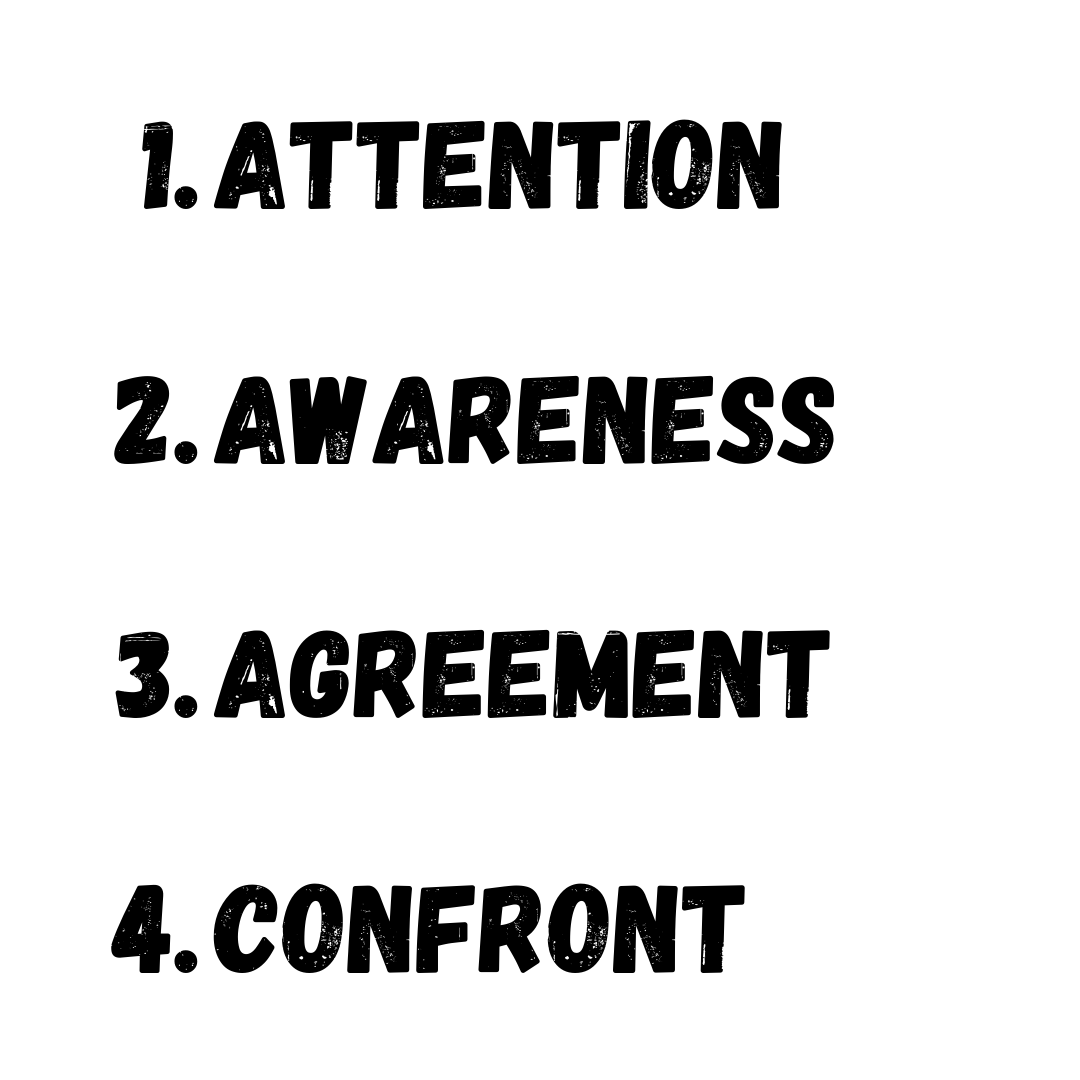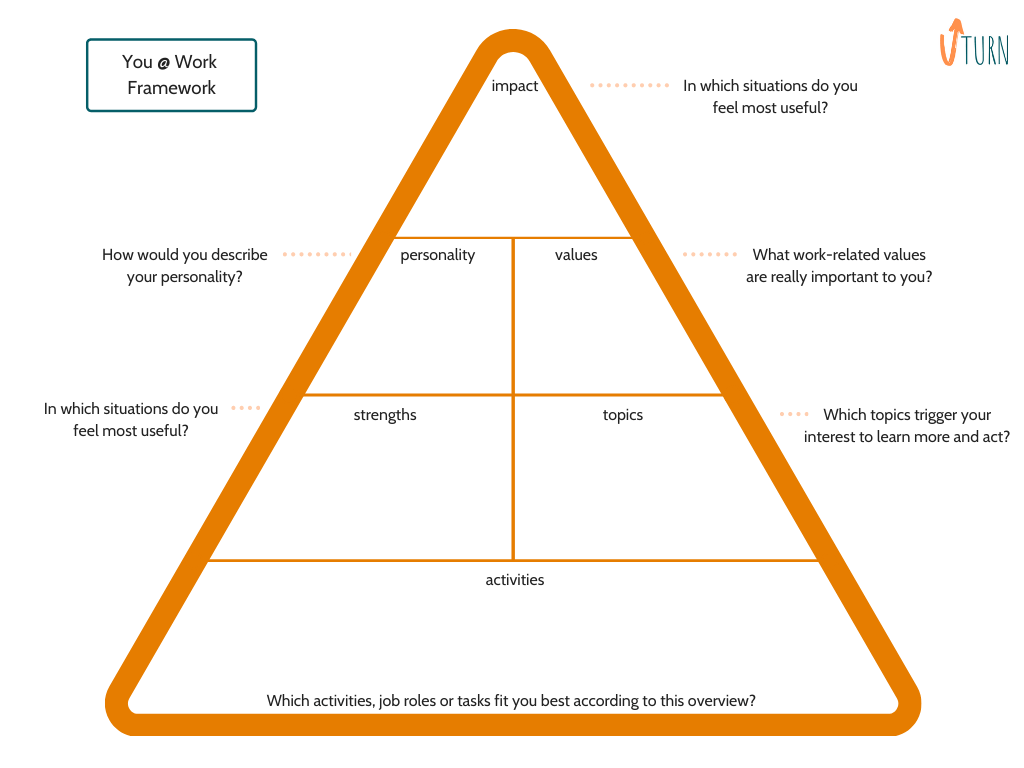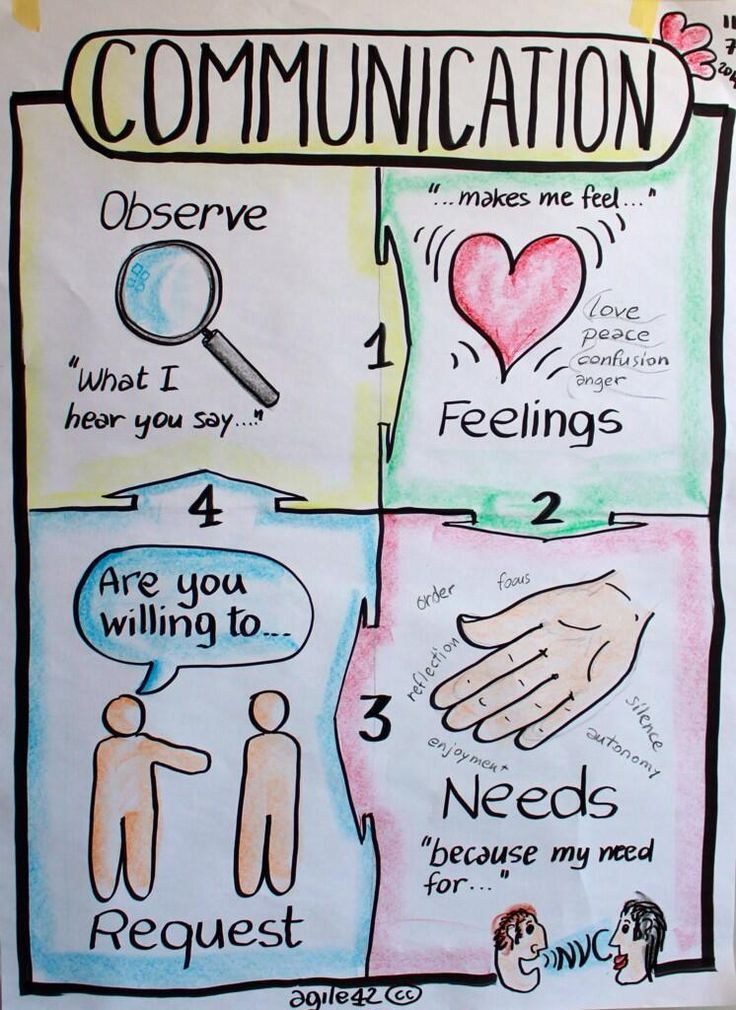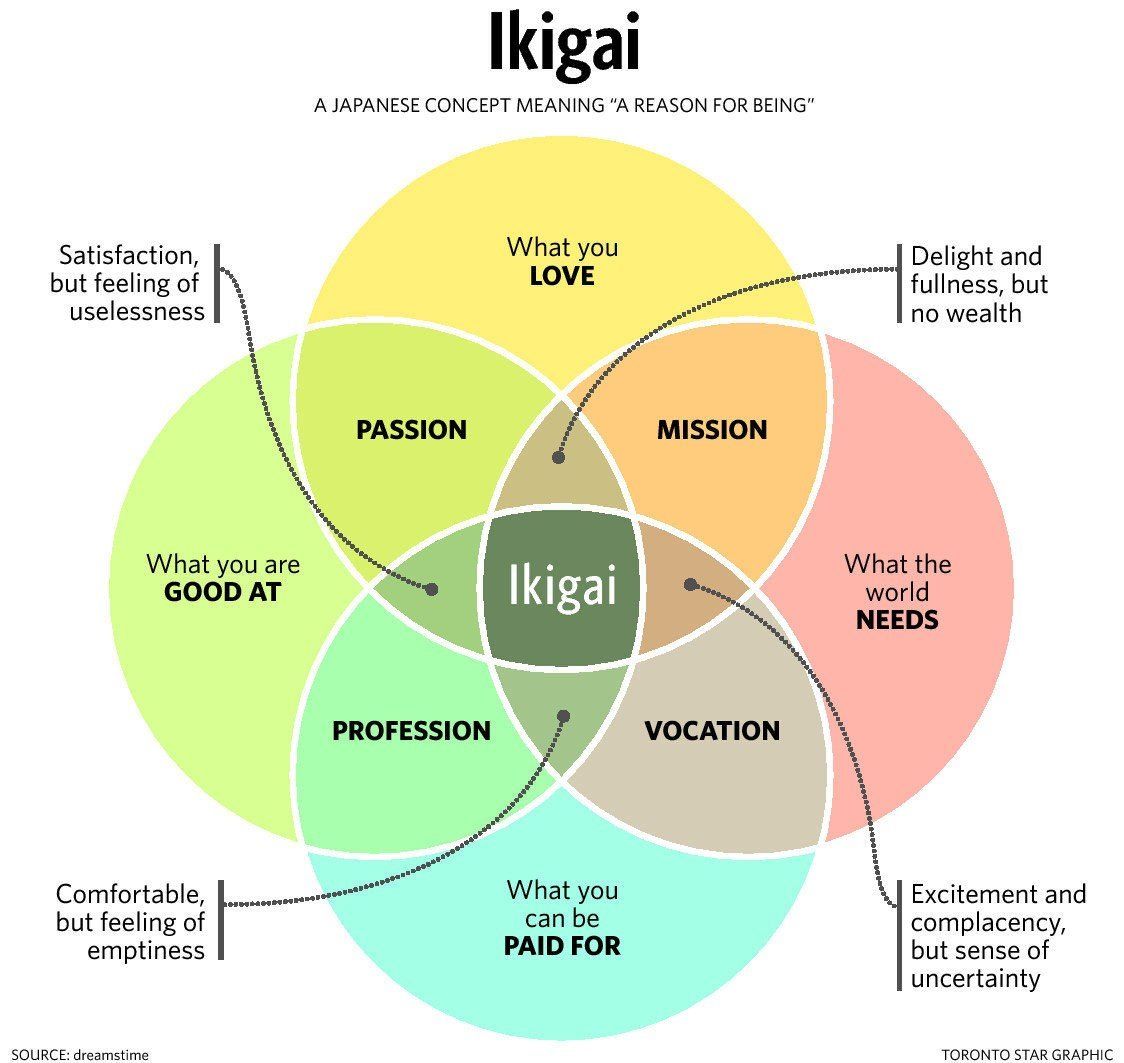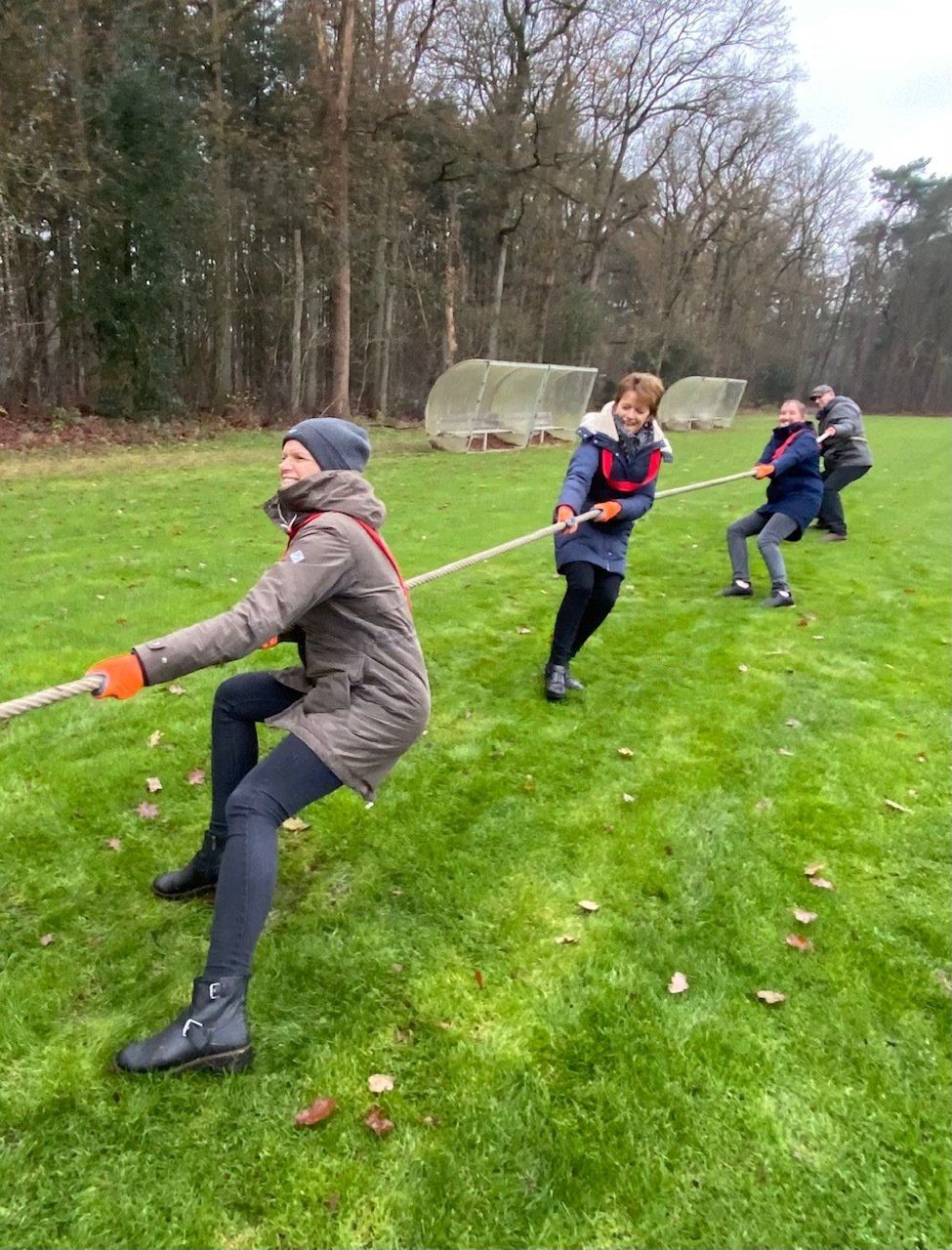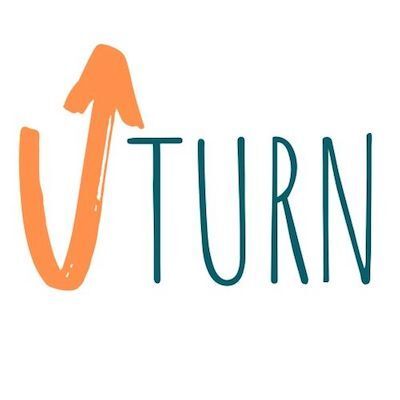how to confront a colleague
You would like to address a colleague, but how? Can you really say it? How will they react? It can feel stressful when you want to express a concern or give feedback. Confronting is a skill you can learn to master. Here's how.
There are 4 simple chronological steps how you can undertake to reach confrontation in a less stressful way.
1. ATTENTION
the better the relationship, the easier it can be to confront.
2. AWARENESS
Bridging to raising awareness is easy when you start asking questions to your colleague. "What is your view on project X?" or "Have you noticed the responses of our stakeholders on that report?".
You try to make someone aware of what is happening. You share your observations, certain facts or data or perspectives from others you are aware off. Always finish with a check-question: "What do you think?" or "Were you aware of this?"
It helps if you keep a curious mindset in this step, not a judging or confronting one. Sometimes someone is not aware of what they do, or perhaps you have blind spots on the motives of your colleague.
3. AGREEMENT
Most people don't move on after the awareness step. They keep on addressing topics and issues, asking questions, without actually driving the conversation to a concrete agreement.
if you keep doing what you've always done
you'll keep getting what you've always got
After raising awareness, only one question remains: "How shall we do this from here on?"
Search for alignment on how to approach the issue, on how to change your way of working, your communication, how to collaborate or interact. Make an agreement for the next 1 or 2 months and agree to review this agreement.
4. CONFRONT
After step 3 it should by quite simple to confront someone else. You made an agreement. So you have something tangible to keep someone accountable. All of a sudden, confronting doesn't feel anymore like confrontation!
It will feel like confrontation, like provoking a conflict or even picking a fight, if you haven't made any clear agreement, nor you haven't specified that you will keep each other accountable. Then either your colleague is in for a surprise or you are.
That last bit should also not have to be a problem. If there are really issues at work, in a relationship or in the way people communicate, sometimes it can release a lot of negative energy if you have a good confrontation about it. Express yourself.
confront a colleague with the intention
to professionally improve your working relationship
contact me if it still turns out bad

